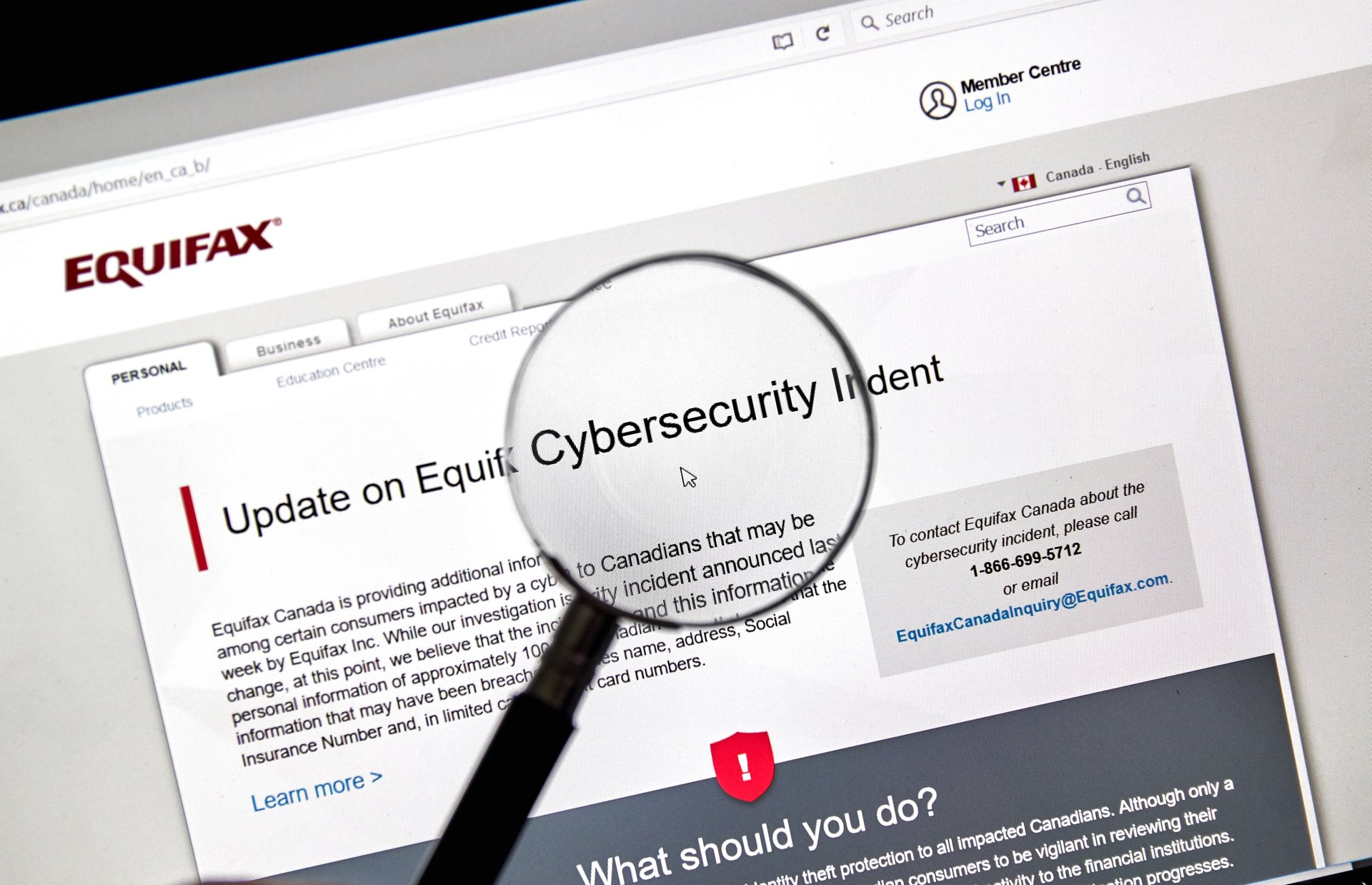
Equifax has extended the deadline for freezing your credit for free.
Consumers now have through June 30 to freeze their Equifax credit file without having to pay a fee. Previously, this offer had been set to expire after Jan. 31, as we reported earlier this week in “Wednesday Is the Deadline to Protect Your Identity for Free.”
This is great news for anyone who has yet to take advantage of the “freebie.” A credit freeze, also known as a security freeze, is the best way to protect yourself from identity theft.
Should you freeze your credit?
A credit freeze blocks others from accessing your credit file. The U.S. Consumer Finance Protection Bureau explains:
“Creditors typically won’t offer you credit if they can’t access your credit reporting file, so a freeze prevents you or others from opening accounts in your name. Security freezes can be useful in preventing an identity thief from opening a new credit account in your name.”
A credit freeze is arguably an extreme fraud-fighting measure, though. It’s not for everyone. Check out “Should You Use a Credit Freeze to Protect Yourself?” to see how it compares with other options and to determine which is best for you.
However, a credit freeze is probably the way to go if you were a victim of the Equifax hack. I urged one affected family member to go that route.
How to freeze your credit
There are three ways to freeze your credit with Equifax: online, by phone and by mail.
Online is the easiest and fastest route, according to Equifax. Just visit the company’s security freeze website.
If you prefer phone or mail, check out the directions on Equifax’s “Cybersecurity Incident” website, which is devoted to the data breach.
Also note that to fully freeze your credit, you must also freeze your credit file at the other two big nationwide credit reporting companies, Experian and TransUnion.
What’s your take on this news? Sound off below or on Facebook.




Add a Comment
Our Policy: We welcome relevant and respectful comments in order to foster healthy and informative discussions. All other comments may be removed. Comments with links are automatically held for moderation.